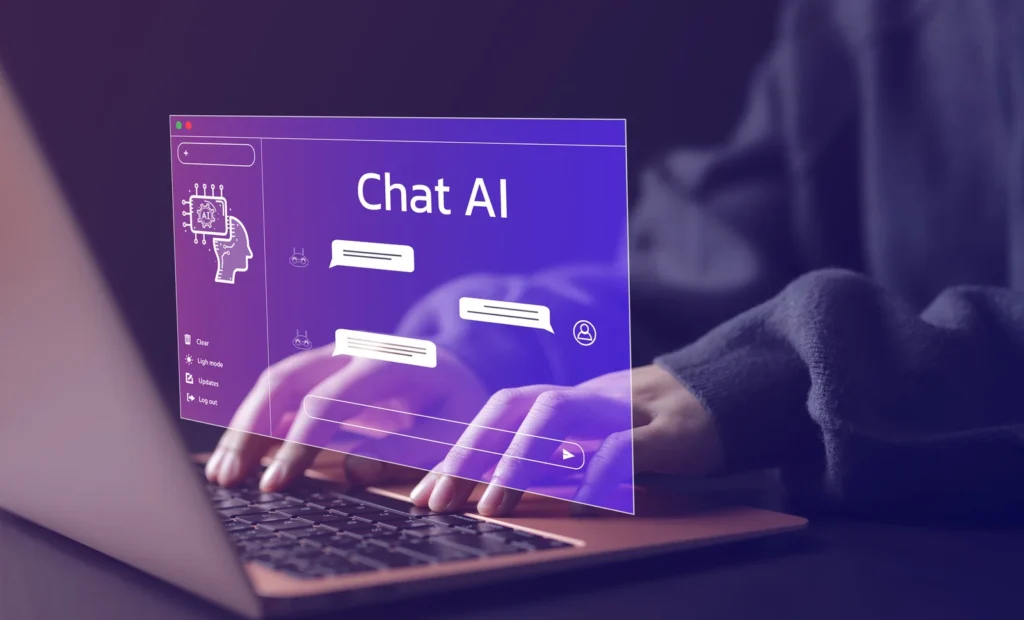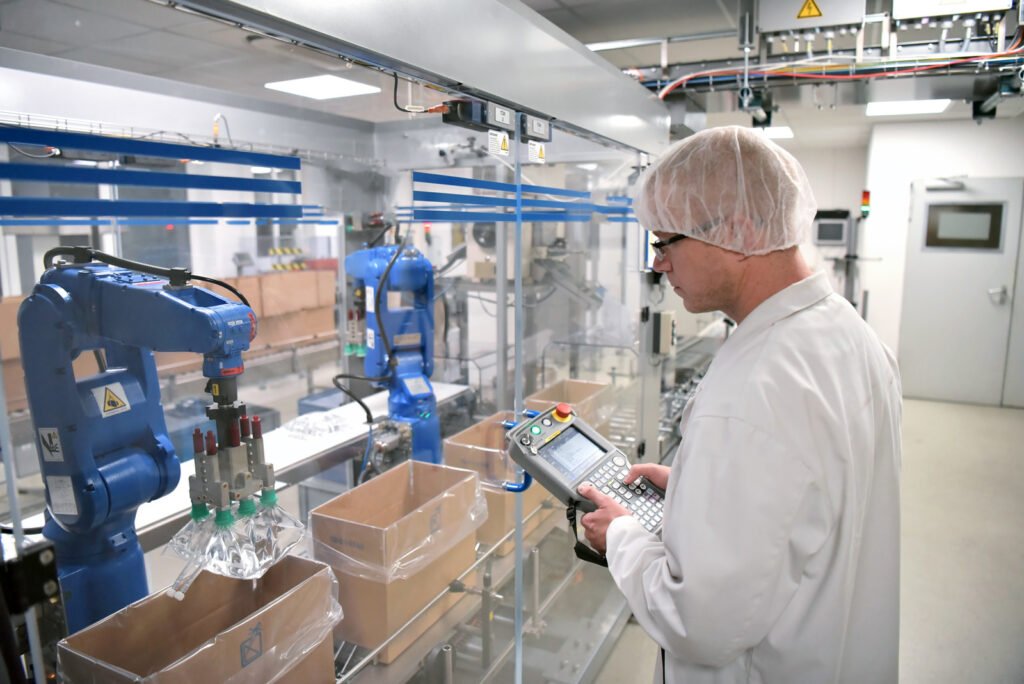Artificial Intelligence (AI) has made remarkable strides in recent years, fundamentally transforming various sectors, and healthcare is no exception. As we navigate through 2024, AI continues to revolutionize healthcare, promising improved patient outcomes, enhanced operational efficiency, and significant cost savings. This article delves into the myriad ways AI is reshaping healthcare, highlighting key innovations, their applications, and the future prospects of this transformative technology.
AI-Powered Diagnostics
One of the most impactful applications of AI in healthcare is in the realm of diagnostics. AI algorithms, particularly those utilizing deep learning, have demonstrated exceptional accuracy in detecting diseases from medical images. For instance, AI systems can now analyze X-rays, MRIs, and CT scans with remarkable precision, often surpassing human radiologists. These systems can identify early signs of conditions such as cancer, heart disease, and neurological disorders, facilitating timely intervention and treatment. A notable example is Google’s DeepMind, which has developed AI models capable of diagnosing eye diseases and predicting patient deterioration with high accuracy. By analyzing retinal scans, these models can detect diseases like diabetic retinopathy and age-related macular degeneration, often before symptoms become apparent. This early detection is crucial in preventing disease progression and preserving patient health.
Personalized Medicine
Personalized medicine, which tailors treatment to individual patient characteristics, is another area where AI is making significant contributions. By leveraging vast datasets from genomic sequencing, electronic health records, and patient histories, AI algorithms can identify patterns and predict how patients will respond to different treatments. This enables healthcare providers to develop personalized treatment plans that are more effective and have fewer side effects. For instance, IBM Watson’s AI platform is being used to recommend personalized cancer treatment options. By analyzing genetic mutations and clinical trial data, Watson can suggest therapies that are most likely to be effective for a specific patient, thereby improving treatment outcomes and reducing the trial-and-error approach often associated with cancer therapy.

Virtual Health Assistants
AI-powered virtual health assistants are revolutionizing patient care by providing round-the-clock support and personalized health advice. These digital assistants can manage a variety of tasks, from scheduling appointments and sending medication reminders to answering health-related questions and monitoring chronic conditions. One such example is the AI chatbot developed by Babylon Health, which uses natural language processing to understand and respond to patient queries. This chatbot can provide medical advice based on a patient’s symptoms and medical history, offer preventive healthcare tips, and even facilitate remote consultations with doctors. By providing instant access to healthcare information and support, virtual health assistants are improving patient engagement and reducing the burden on healthcare providers.
Predictive Analytics for Patient Care
Predictive analytics, powered by AI, is transforming patient care by enabling healthcare providers to anticipate and prevent medical issues before they become critical. By analyzing historical data and identifying trends, AI algorithms can predict patient outcomes and suggest preventive measures. For example, hospitals are using predictive analytics to identify patients at risk of readmission. By analyzing factors such as patient demographics, medical history, and treatment plans, AI can predict which patients are likely to be readmitted within 30 days of discharge. This allows healthcare providers to implement targeted interventions, such as follow-up calls and home visits, to reduce readmission rates and improve patient outcomes.

Robotic Process Automation in Healthcare Operations
AI-driven robotic process automation (RPA) is streamlining administrative tasks in healthcare, allowing providers to focus more on patient care. RPA bots can handle repetitive and time-consuming tasks such as billing, appointment scheduling, and claims processing with high accuracy and efficiency. For instance, healthcare organizations are using RPA to automate the processing of insurance claims. By extracting and validating data from claims forms, RPA bots can expedite the approval process, reduce errors, and minimize delays in reimbursement. This not only improves operational efficiency but also enhances the patient experience by ensuring timely and accurate billing.
AI in Drug Discovery
The process of drug discovery is traditionally time-consuming and costly, often taking years and billions of dollars to bring a new drug to market. AI is accelerating this process by predicting how different compounds will interact with biological targets, thereby identifying promising candidates for further testing. For example, companies like Insilico Medicine are using AI to analyze vast amounts of biological data and generate hypotheses for new drug targets. This approach has already led to the identification of novel compounds for diseases such as fibrosis and cancer. By significantly reducing the time and cost associated with drug discovery, AI is paving the way for the development of new treatments for a range of diseases.
Ethical Considerations and Challenges
While the benefits of AI in healthcare are immense, there are also important ethical considerations and challenges to address. Issues such as data privacy, algorithmic bias, and the need for transparency in AI decision-making processes are critical to ensuring the responsible use of AI in healthcare. Ensuring that AI systems are trained on diverse and representative datasets is essential to avoid bias and ensure equitable healthcare outcomes. Additionally, maintaining patient privacy and securing sensitive health data are paramount, given the increasing use of AI in processing and analyzing patient information.
Future Prospects
The future of AI in healthcare is incredibly promising, with ongoing advancements poised to further enhance its impact. The integration of AI with other emerging technologies, such as the Internet of Things (IoT) and blockchain, is expected to create new opportunities for improving patient care and operational efficiency. For instance, AI-powered wearable devices that continuously monitor vital signs can provide real-time health insights, enabling proactive management of chronic conditions. Similarly, blockchain technology can enhance the security and interoperability of health data, ensuring that AI algorithms have access to accurate and comprehensive information.
Conclusion
As we move through 2024, AI is undoubtedly revolutionizing healthcare, driving innovations that improve patient outcomes, enhance operational efficiency, and reduce costs. From AI-powered diagnostics and personalized medicine to virtual health assistants and predictive analytics, the applications of AI in healthcare are vast and transformative. While challenges remain, the potential benefits of AI in healthcare are immense, promising a future where advanced technology and human expertise work together to deliver better health for all.


Leave a Reply
You must be logged in to post a comment.